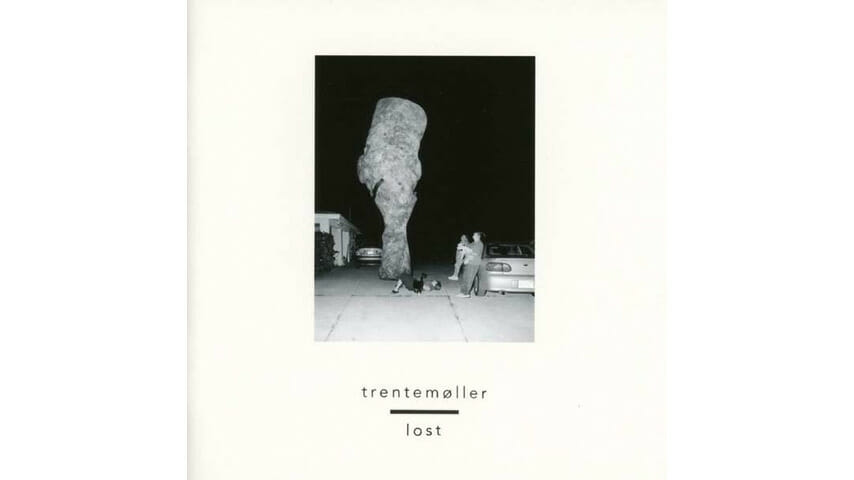Trentemøller: Lost

Anders Trentemøller is hard to figure. As a celebrated DJ and techno producer, Trentemøller has pumped massive festival crowds and splashed forth go-go gaudy remixes of Scandinavian VIPs like The Knife, Röyksopp and Robyn. Meanwhile, as an album artist, the Danish multi-instrumentalist often crafts moody and cinematic tracks, understated vistas better suited to a more intimate stage.
Trentemøller’s third studio album, Lost, finds the musician fully inhabiting both worlds, adopting in-betweenness as a recurring motif in a collection that looks vastly different depending on the context. From one angle, Lost appears to be a polished mix of eye-catching guest tracks and evocative interstitials, while from another the album comes together as a complex and discordant coma dream, with a flow that progresses from sentience to captivity to escape. Haunted by stalkers, doppelgangers and a droning EKG pulse, the entire world of Lost may exist in the profoundest of intermediate conditions: the brink between life and death.
Where are we? Featuring Low, lead track “The Dream” immediately poses that question as Mimi Parker’s timeless heartland vocals take the foreground. Have you come to the right place? “The Dream” could’ve been pulled midstream from the Minnesota band’s C’Mon, a song so very Low the “featuring” designation seems a ruse, setting the stage for listeners to wonder where exactly Anders Trentemøller might be: lost in a setting that presents itself as something it’s not by being exactly what it is.
-

-

-

-

-

-

-

-

-

-

-

-

-

-

-

-

-

-

-

-

-

-

-

-

-

-

-

-

-

-

-

-

-

-

-

-

-

-

-

-








































